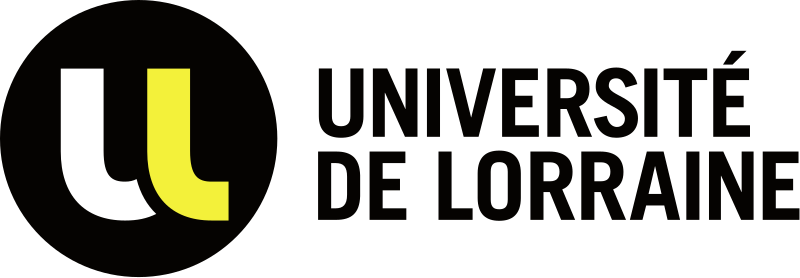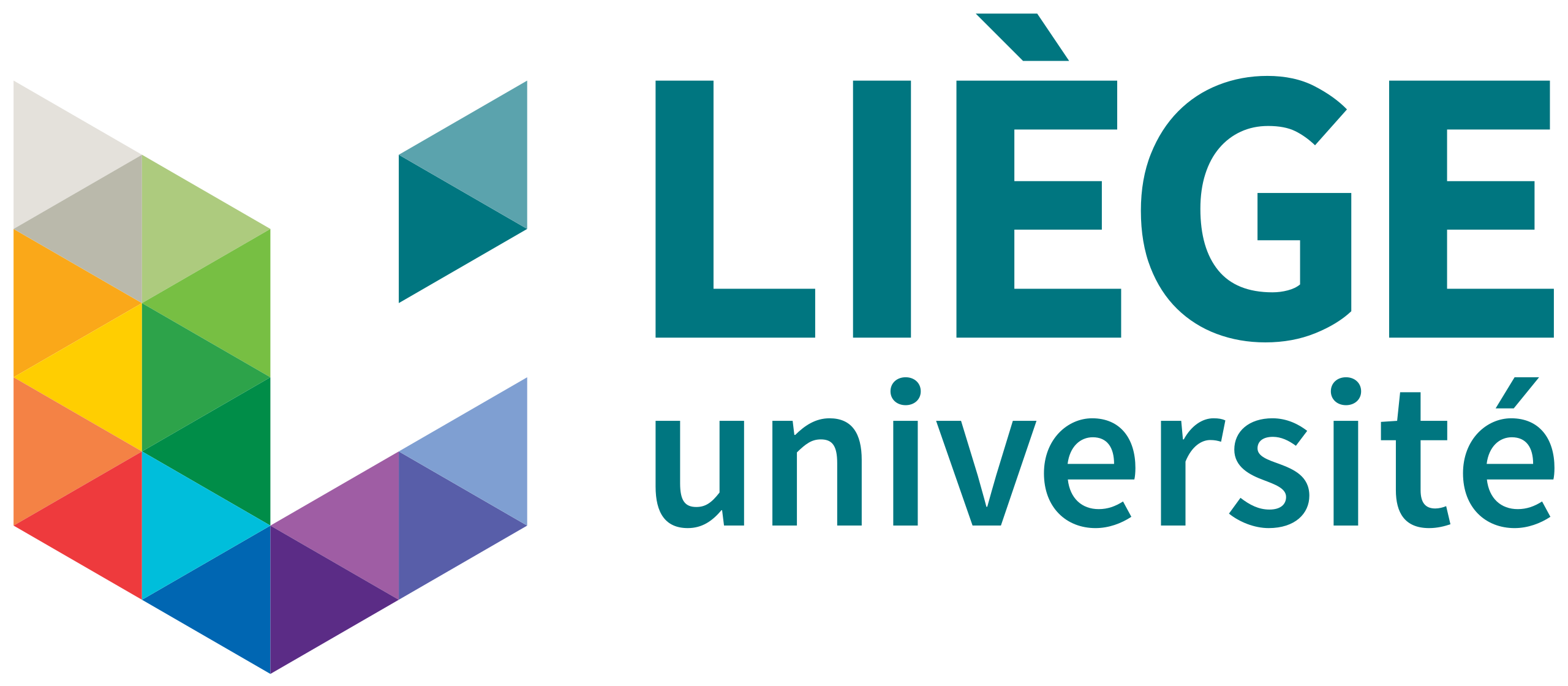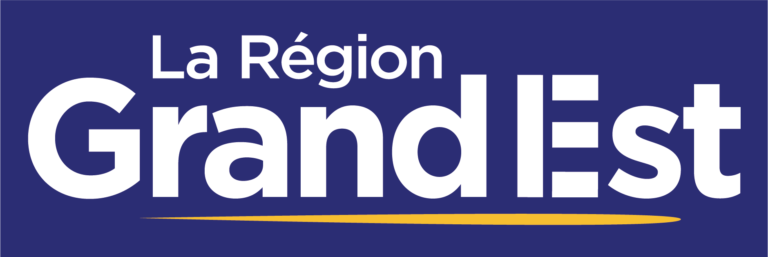Program for the Nancy Workshop - May 30-31
Tuesday 30 May 2023
| 9:00—9:30 |
Welcome |
| 9:30—10:45 |
Bruno Leclercq (Université de Liège)
A phenomenological account of mathematical modes of intuition |
| 10:45—11:15 |
Coffee Break |
| 11:15—12:30 |
Gabriele Baratelli (Universität zu Köln)
Intuition, formalization and history in mathematics—A phenomenological perspective |
| 12:30—14:00 |
Lunch |
| 14:00—15:15 |
Emmanuel Sander (Université de Genève)
The analogical roots of mathematical intuition |
| 15:15—15:30 |
Coffee Break |
| 15:30—16:45 |
Marie Amalric (Harvard & Trento)
Neural bases of math conceptual development |
| 16:45—17:15 |
Coffee Break |
| 17:15—18:30 |
Michael Friedman (Tel Aviv University)
Material mathematical models and intuition at the end of the 19th century |
Wednesday 31 May 2023
| 9:00—9:30 |
Welcome |
| 9:30—10:45 |
Viktor Blåsjö (Universiteit Utrecht)
Revisionist history of intuition in mathematics |
| 10:45—11:15 |
Coffee Break |
| 11:15—12:30 |
Yacin Hamami (FNRS, Université de Liège)
What role(s) for intuition in rigorous mathematical reasoning? |
| 12:30—14:00 |
Lunch |
| 14:00—15:15 |
Vincenzo De Risi (CNRS/Université Paris Cité)
Lambert and Kant on the intuition of axioms |
| 15:15—15:30 |
Coffee Break |
| 15:30—16:45 |
Ofra Rechter (Tel Aviv University)
Mathematical intuition in the Kantian tradition |
| 16:45—17:15 |
Coffee Break |
| 17:15—18:30 |
David Waszek (ENS Paris)
Demarcating a role for non-psychological investigations of the ‘pragmatic’ effects
of mathematical representations |
Abstracts
Marie Amalric (Harvard & Trento): Neural bases of math conceptual development
Mathematical concepts we are taught at school are recent cultural inventions. Understanding which brain structures allow for their encoding throughout education is fundamental to understanding the mechanisms by which they developed. My talk proposes to start addressing this question, by focusing on the comparison between adults and children’s brains in their processing of advanced math concepts. I will start by showing that adults systematically process advanced math curricular knowledge within a distinct set of brain areas composed of bilateral IPS and pITG. In the second part of my talk, I will draw upon neuroimaging data from children to show that this math-responsive network is already, albeit partially and still immaturely, engaged at the beginning of the developmental trajectory of math concepts. In a more speculative way, I will finally suggest a possible developmental mechanism for math concepts.
Gabriele Baratelli (Universität zu Köln): Intuition, formalization and history in mathematics–A phenomenological
perspective
According to a certain conception spread by the Neopositivists, absolute
certainty in mathematics is reached only once the deceptive influence of
intuition has been excluded from deduction. Because formalization is the
method to achieve this goal, it gains a pivotal role both in the theoretical
foundation of the science, and in the understanding of its historical
development. The telos of mathematics is seen on this view as a gradual
process of liberation from intuitive thinking.
In my talk I present a different account of the epistemological foundation of
formal science having its roots in the phenomenological tradition. By comparing
Gottlob Frege’s conception of formal language with those of Edmund Husserl
and Jacob Klein, I show how the apparent neutrality of this medium of
expression hides in truth its transcendental dimension and leads to a the
“mythological” view of formalization. The outcome of the phenomenological
critique is that intuition and formalization are not opposed to each other, nor is
the history of mathematics to be understood retrospectively as a linear
progress. As a consequence, its foundations are not to be searched in a
chimerical absolute certainty, but in the elucidation of its diverse forms of
categorial evidence.
Viktor Blåsjö (Universiteit Utrecht): Revisionist history of intuition in mathematics
Formal mathematics “proved intuition wrong” in cases such as Torricelli’s trumpet and Weierstrass’s continuous but nowhere differentiable function, it is often said. I argue that these narratives were crafted long after the fact and are poorly supported by contemporary evidence. History thus counters one of the standard arguments against intuition. History also has ideas for what intuition can do for philosophy once exonerated, as intuition’s undeserved bum rap has precluded historically rich philosophical perspectives from being pursued. A case in point is intuition-centric accounts of mathematical beauty, which have often been anathema in the last century amid anti-psychologistic sentiments.
Vincenzo De Risi (CNRS/Université Paris Cité): Lambert and Kant on the intuition of axioms
Both Lambert and Kant, beginning in the 1760s, fought Leibniz and Wolff’s theory of the analyticity of truth. In particular, both philosophers reject the idea that the axioms of mathematics are analytic, and purely logical, consequences of the definitions of the terms involved. Both claim that the axioms of mathematics are instead grounded in an irreducible intuitive act. Their paths diverge considerably, however, regarding the nature and function of the intuition involved in knowing the axioms. The talk will explore these different eighteenth-century German perspectives on the use of intuition in axiomatic thinking.
Michael Friedman (Tel Aviv University): Material mathematical models and intuition at the end of the 19th century
The talk will examine the three-dimensional materials models of the 19th century, which were conceived, calculated, and constructed by mathematicians in England, France, and Germany, in order to illustrate mathematical objects and concepts. This very concrete understanding of mathematical models might be thought as opposing to the more formal-symbolic approaches at the turn of the 19th / 20th century. However, taking a closer look, rather than being opposing to each other, these two mathematical cultures had in fact a more symbiotic relationship. Looking at, among others, Felix Klein and Alexander Brill, who were among the driving forces of construction and acquisition of models during the last quarter of the 19th century, I claim that such models served not only as a means for visualization but also as what can prompt the emergence of new knowledge. However, in the course of these decades, the role intuition played also changed–and with such models I aim to show how intuition as “Anschauung” became closer at that period with palpable visuality, or, in other words, with “Anschaulichkeit”.
Yacin Hamami (FNRS, Université de Liège): What role(s) for intuition in rigorous mathematical reasoning?
As everyone knows, it has been common in mathematics since the turn of the twentieth century to hold that intuition should play no role in rigorous mathematical reasoning. However, recent works in the philosophy of mathematical practice have challenged this orthodoxy by arguing that the validity of at least some mathematical proofs is evaluated in practice by appealing in an essential way to intuition. This, in turn, has motivated the search for alternative conceptions of mathematical rigor. In this talk, I will explore a middle ground between these two conceptions of the relation between rigor and intuition. More specifically, I will argue that it is possible to attribute substantial epistemic roles to intuition in our epistemology of proofs in practice while retaining the standard view of mathematical rigor. This will be achieved by disentangling different forms of proof presentations as well as different epistemic processes operating on these proof presentations. More specifically, I will suggest that intuition can play significant roles in proof understanding and proof conviction insofar as intuition can be effectively relied upon to represent and evaluate (partial) proof plans, and this without playing any role in proof verification. I will then make precise proposals as to what sort of cognitive capacities may be involved when we are talking of “intuition” in these contexts.
Bruno Leclercq (Université de Liège): A phenomenological account of mathematical modes of intuition
For Edmund Husserl, intuition is opposed to mere symbolic presentation. Knowledge is only possible when meaning intentions are “fulfiled” by some intuition that provides an object in accordance with those intentions. Now, what does that mean in the case of mathematical knowledge? Husserl himself must admit that most of mathematics - both in arithmetics and in geometry - is made of symbolic presentations. Does that mean that it does not deliver any knowledge? Husserl’s theory of “manifolds” as objectual counterparts of formal systems is an attempt to answer this question.
Ofra Rechter (Tel Aviv University): Mathematical intuition in the Kantian tradition
In this talk I consider the question whether a notion of intuition derived from Kant’s philosophy of arithmetic can be mathematical.
Emmanuel Sander (Université de Genève): The analogical roots of mathematical intuition
My talk will be oriented in two directions. The first one will show the analogical anchoring of mathematical notions in everyday concepts and will highlight the consequences of this anchoring for learning. The second will present the mechanism of semantic recoding, this time based on counter-intuitive analogies, which aims at overcoming certain limits of the first intuitions and at favoring the development of new ones, mathematically more fruitful.
David Waszek (ENS Paris): Demarcating a role for non-psychological investigations of the ‘pragmatic’ effects of mathematical representations
In recent decades, the study of mathematical representations has burgeoned, with studies pulling in many different directions—psychological, logical, historical, etc. After a quick overview of (the way I see) the state of the field, I would like to focus on one kind of investigation that deserves further development: the investigation of the ‘pragmatic’ effects of representations on task difficulty and their link to various intellectual virtues of presentations of proofs, theories, etc. Based on two or three case studies from previous work, I would like to explore 1) how to demarcate psychological from non-psychological investigations, 2) what non-psychological investigations of the pragmatic effects of representations look like, and 3) what we can expect from them philosophically.
Organizers
Acknowledgement and Support
These events are made possible by a grant from the Soutien Interrégional à la Recherche of the Grande Région. They are supported by the Fédération Wallonie-Bruxelles and the Région Grand Est. The Nancy workshop is also supported by the Archives Henri Poincaré at the Université de Lorraine.



